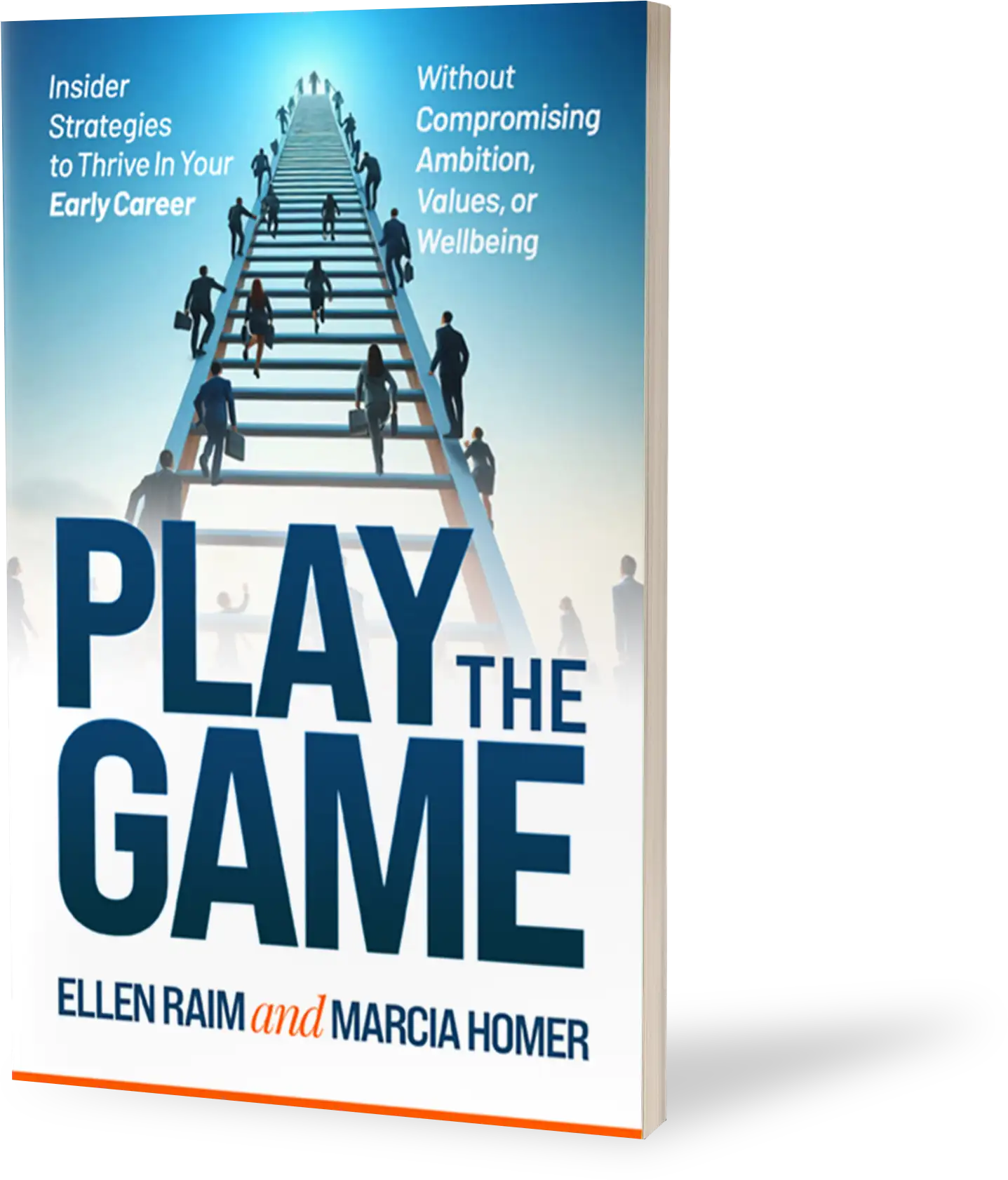I coach and train on how to work across generations. I wrote a book on navigating generational workplace friction. Sadly, when I found myself in the middle of a classic Gen Z–Gen X conflict, I didn’t follow any of my own advice.
Here’s what happened:
I hired a branding/marketing team to help build my digital footprint. They’re smart, talented, and Gen Z. We had one face-to-face kickoff, and then we moved to an asynchronous platform (like Slack), which is how they do all their work.
They assumed I had a deeper grasp of using Facebook, Instagram, and TikTok for business than I do. So when they started assigning me tasks—“record this,” “upload that,” I responded with long messages full of questions, thoughts, and backstory.
Their replies got shorter, terser, more insistent.
My replies got longer, more confused, more frustrated.
I kept thinking, they’re more tech-savvy than I am, but I don’t understand the rush. Why won’t they slow down and explain things. Apparently, they were just as frustrated. From their point of view, my questions were eating up the limited hours budgeted for my project and putting them behind on other deliverables They asked the supervisor to be reassigned, or that the company raise my rate to cover the unnecessary handholding.
What I should have done:
* paused
*asked for another face-to-face meeting
*practiced what I teach: Non-Judgmental Curiosity.
That means instead of blaming or assuming I should have asked, “What’s going on in your world that led you to approach things this way?” You treat the other person as a partner with a different point of view—not a problem to be solved or a frustration to be managed.
But in the moment? I didn’t do any of that. I got mad. Told myself I’m the client and I’m not getting what I paid for. I gave up trying to communicate and contacted the leader. That’s when I heard how they felt. That I was hard to work with and didn’t respect their process.
Generational collisions are causing Gen Z friction everywhere, not because Gen z is untalented or unwilling, but because communication norms are so misaligned.
And rather than seeking understanding, leadership blames: “Gen Z is lazy,” or “They have no respect for authority.”
Working across generations is not easy. You need a willingness to step back, get curious, and rethink how to work together.
And it’s never one-size-fits-all. Just like any generation, Gen z is not a monolith, and neither are we. If we want to get the best out of each other, we all have to be willing to adapt.
Even those of us who teach this every day still need the reminder.
Turns out, I do need to attend my own workshop.
